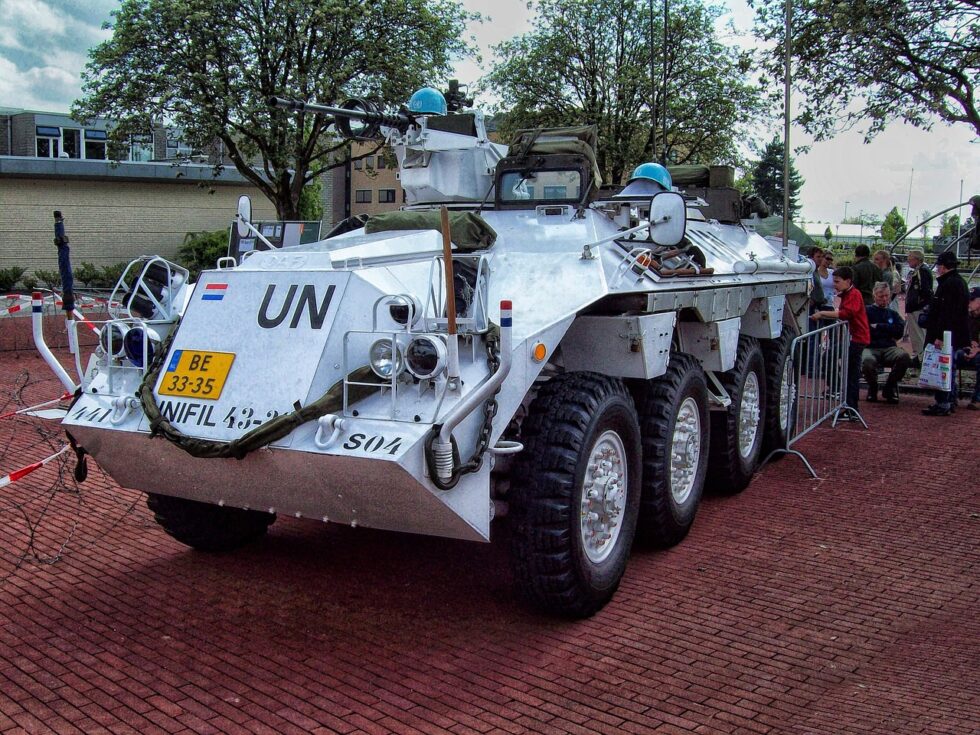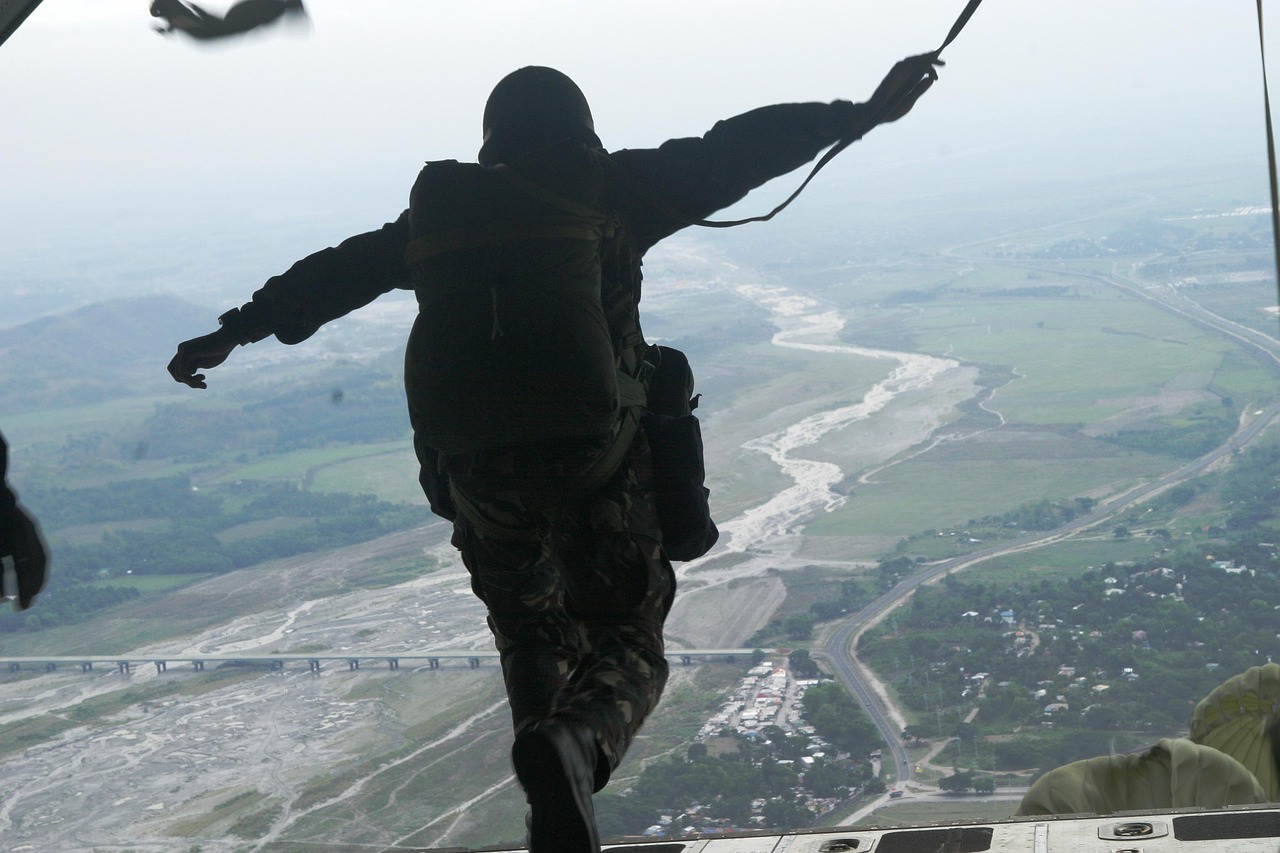
The crisis between Israel and UNIFIL highlights the collapse of a unified UN perspective and differing agendas between Washington and Beijing. It is difficult to patch up the situation or dismantle the organization entirely.
After World War I, the victorious powers created the League of Nations to avoid the mistakes and misunderstandings that led to the devastating conflict in 1914. It was meant to serve as the clearinghouse for multilateral (rather than bilateral) diplomacy, conceived in the name of law. However, it gradually faded due to a series of failures that eventually led to World War II, such as the Italian invasion of Ethiopia in 1936 and the Japanese attack on China in 1937. Italy and Japan were among the victors of the Great War but felt betrayed by the limited advantages they gained. Nazi Germany leveraged these grievances and ambitions to its advantage.
The United Nations, founded after World War II, emerged with a more realistic framework. It was intended to address potential conflicts and emerging problems, such as the advance of revolutionary communism and the ambitions of states with “real socialism.” In this context, the major powers, including the USSR (initially a war ally, then an enemy), were given veto power as one of the five permanent members of the Security Council. Among these five, the US, with foresight, included China. Additionally, all individual countries participated with equal voting rights. The USSR was recognized as an enemy, yet it was necessary to engage in dialogue. It had a veto vote but was in a clear minority. The main powers established the forum based on consensus regarding the UN’s role and their respective influence within it.
The project aimed to balance political realism realpolitik, with the idealism of legal principles. Until the end of the Cold War, the UN functioned effectively, even managing the delicate changeover of China’s seat from the Republic of China (ROC) to the People’s Republic of China (PRC) in 1971. The PRC was then communist but anti-Soviet.
The Wages of Change
Problems arose with the end of the Cold War when the political and economic balances of the 1990s no longer reflected the original UN’s architecture. The US attempted to reform the UN by expanding its permanent members. Italy, among others, opposed the reform, mobilizing the votes of individual countries to steer the UN away from reform. Berlin would have gained a permanent seat, leaving Rome the only major European state outside the council.
The reform floundered, and no further efforts were made. This failure might have been flawed and dramatic for Italy. However, neither Italy nor others offered better plans. As a result, in the new age of globalization, the UN started diverging from the interests of the major power, the US, which began to disregard and thus effectively undermine it. The failure to reform weakened the principle of realpolitik, a foundation of the UN, and presumed legal idealism began to spin out of control. Without full US support, other G7 countries also withdrew their backing from the UN, causing the organization to lose its effectiveness and influence.
Everything boils down to the collapse of consensus within the UN. After WWII and throughout the Cold War, despite hostilities, the US and USSR had a consensus on how to “use” the UN. That consensus began to break down at the end of the Cold War, and since then, divergences have multiplied between three permanent members on one side (US, UK, and France) and (Russia and China) on the other. Additionally, any single state learned to mobilize and steer large parts of the assembly.
Divergences have grown over time without specific discussions on the basic issues and are becoming unmanageable due to the differing aims of member states.
The Fruit of the Poisonous Tree
In this context, there are the seeds of the current friction in Lebanon between Israeli armed forces (IDF) and UN peacekeeping troops, UNIFIL, from 50 countries, including Italians (who have the command), but also Chinese and others.
The reality, beyond the formality of law, is that Israel is a pocket superpower and a suburb of Silicon Valley in San Francisco. Its security is crucial for the current global political balance of power, dominated by the US, and the fate of its technological innovation. The other painful reality is that UNIFIL should have maintained peace in the area. Still, it allowed Hezbollah to build up a vast arsenal, similar to how the UN mission in Gaza overlooked Hamas’s terrorist preparations.
China and Russia (backing Iran and Hezbollah in South Lebanon and, in varying degrees, uncomfortable with the current global power balance) may have different goals. They may seek to hinder Israel and keep a shaky UN alive to provide them cover for otherwise unilateral initiatives. Within this broader picture, they might aim to preserve the remnants of Hezbollah and shield the Iranian Ayatollahs, who are already in serious trouble.
Thus, the UNIFIL contingent becomes a fig leaf in a game with vague and differing outlines.
Israel’s long-term strategy is unclear. The ongoing new Cold War is undefined, and it’s uncertain to what extent Russia wants or can support Iran and its proxies like the Lebanese Hezbollah. The terms of the mission have changed.
From here, a huge shadow is cast over the entire UN. Its reform is complex, and maintaining it in its current state gradually voids its purpose and political heft.
The past 30 years of US-led globalization brought about China’s success, which now seeks political space commensurate with its economic muscle. Nobody disputes this. The dispute is over what made China great and what China should do next.
Is China’s success an achievement of China or America? This is the big question with no clear answer. For Beijing, its victory is a result of the Chinese system. For Washington, it’s due to the American globalized system that China used to its fullest potential, which China was supposed to join but decided to challenge. Throughout all this, the realpolitik foundation of the UN is shattered in a permanent tug-of-war between the main international players. They don’t share a common worldview, nor do they have a common perception of reality.
At the end of WWII, the US and the USSR recognized their quasi-existential conflict and tried to contain and channel it. They shared roots in the West and acknowledged the value of the 18th-century French Revolution. Now, the US and China, along with neo-czarist Russia and Iran, arise from very different historical and philosophical backgrounds. The rising wave of other countries, like India, Indonesia, Nigeria, and South Africa, each have their own perspectives coinciding more or less with this or that major power. There is no real consensus here.
Nobody wants to do away with the UN and its framework of norms that have held the world together for eight decades, but no one is satisfied with it either. This creates a situation where Israel voices its frustration with the UN yet is not willing to leave the organization or do without it. The same goes for its enemies. Fig leaves hide little but are nonetheless important. As many crises unfold, it becomes fundamental to multiply, not shrink, the venues for dialogue.
In the end, the UN is weaker, but there is no other forum for neutral multilateral diplomacy. In Europe for centuries, the Papal State played such a balancing role until, with the rise of the Protestant Reformation, its influence and neutrality were questioned, and thus its role shrank over time. The Holy See is now expanding its international outreach again in parallel with its evangelical mission, but it is not yet equipped for a new role. In any case, many believe it has greater objectivity than the UN.
Thus, we find ourselves in a dangerous diplomatic no man’s land, potentially akin to a century ago with the League of Nations. Back then, failures led everyone into WWII. Nobody wants to repeat past mistakes, but there is no consensus on how best to avoid those traps. It promises to be a contentious season for the UN.










Thanks!
Read it. I believe you were very diplomatic with the U.N., so called peace force in particular. Perhaps you mention in the book what happened before 1967. Nasser told them to go – and the so called Peace forces disappeared in a flash.
Fool me once, shame on you – fool me twice – shame on me. I no longer recall why Israel ever agreed to having them in South Lebanon. The mandate of this organization is ridiculous. They do not do anything when there is ceasefire or … peace. And nothing to prevent missiles build up, or Hetzbollah sending daily rackets on Israel under their nose.
The world would be a better place if it got rid of the U.N. and all its subsidiaries – pretty much like with League of nations. They are nothing but a circus, a propaganda forum – with incompetent clowns presiding, the present one (representing, not sure you read there was a book some 20 years ago titled “the Latin American Idiot” I remember Utant etc … (and occasional Nazi as Waldheim was).
Failed countries – as Syria, Lebanon now, Yemen, Sudan – most African and Latin and South American countries should have no place in any such forum.
Perhaps the criterion should be – “unless having objectively proven track record of 5 years of prosperity – they are not accepted as members, or are out.” Other could be if x percent of their population is forced to move – they are out. Indirectly this may solve the problem of who would have voice in such forum: those who do their best for their citizens.
Of course, you would have resource rich countries – like oil endowed places. Still, their stand on women etc. notwithstanding, or being theocracies as Iran – their number would be limited.
Just first thoughts. Perhaps you deal with some of these in the book.
The big issue behind these is – I believe – the huge cracks in Western Civilization, ( briefly represented in one of the Andersen fairy tales I sent you – when the mob confuse the ax wielding lout with the moral entrepreneur: how was this war in Tge Middle East transformed in tbe media propaganda channels from a fight against ruthless dictatorships and dictatorial theocracy – to blaming Israel reacting to murder of 1200 people, and sending hundreds of missiles daily on the country?
… but that is consequence as have been writing for 4 decades by now of tbe misguided education which became jargon filled propaganda. “Colonization” nonsense: people moving across tge planet as our numbers grew from few dozen millions to 1 billion a century ago and to 8 billion now … long story, how to relink increasing number of people is, in my reading – the story of the Old Testament. The experiment starts – as I explain in my 2017 “how to relink 7 billion people” in American Affairs – at Babel. That one language, and the “brick” innovation noted there – without moral anchor – fails. The building of a new model of society – based on a moral anchor, through much trial and error, starting from scratch – has its beginning there.
And the last book added to tge Old Testament, the book of Esther – does not end in an optimistic note – read the surprising very short three verse ending – as I pointed out in my piece about that book – and why the holiday associated with it is called “Purim.” (Can be googled).
All the best, you are free to circulate this, or – if you so decide – or, as on previous occasion publish as comment on your article.
Reuven